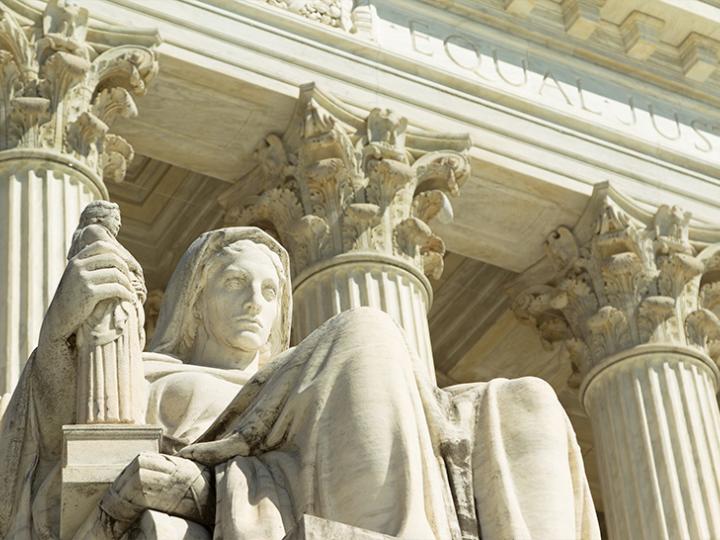In Bartenwerfer v. Buckley, No. 21–908 (Feb. 22, 2023), the U.S. Supreme Court cited Restatement of the Law Third, Agency § 7.07 and Restatement of the Law Third, Suretyship and Guaranty § 12 in observing that, while 11 U.S.C. § 523(a)(2)(A) precluded a faultless Chapter 7 debtor from discharging in bankruptcy a debt obtained by fraud, regardless of the debtor’s own culpability, such a debtor was not unfairly left without defenses.
In that case, the buyer of a home jointly sold prepetition by the debtor and her business partner brought state-law fraud claims against them, alleging that they failed to disclose material defects in the home. The buyer obtained a judgment against both partners, then filed an adversary proceeding in the debtor’s Chapter 7 bankruptcy case, alleging that the debtor’s judgment debt could not be discharged, because it was incurred through her partner’s knowing failure to disclose material facts, and that the partner’s fraudulent intent had to be imputed to the debtor because the two had formed a legal partnership to renovate and sell the home to the buyer. On remand, the U.S. Bankruptcy Court for the Northern District of California found that the debtor was entitled to discharge of her debt, because she did not know or have reason to know that her partner acted fraudulently when they sold the house to the buyer. The U.S. Bankruptcy Appellate Panel for the Ninth Circuit affirmed. The U.S. Court of Appeals for the Ninth Circuit reversed in part and remanded, holding that a debtor who was liable for her partner’s fraud could not discharge that debt in bankruptcy.
The U.S. Supreme Court affirmed, holding that the debtor’s debt was not dischargeable in bankruptcy, because the plain language of 11 U.S.C. § 523(a)(2)(A) excepted from discharge debts incurred by fraud without regard to the culpability of the debtor. In a unanimous opinion written by Associate Justice Amy Coney Barrett, the Court rejected the debtor’s argument that the Court’s decision would result in “liability imposed willy-nilly on hapless” debtors. The Court pointed out that, under Restatement of the Law Third, Agency § 7.07, a faultless employer generally subject to liability for the conduct of its employee could defend itself by proving “that the employee’s action was committed outside the scope of employment.” Similarly, under Restatement of the Law Third, Suretyship and Guaranty § 12, a surety or guarantor that was “duped into assuming secondary liability” could potentially void its obligations. Thus, “[i]ndividuals who themselves [were] victims of fraud [were] also likely to have defenses to liability.”
